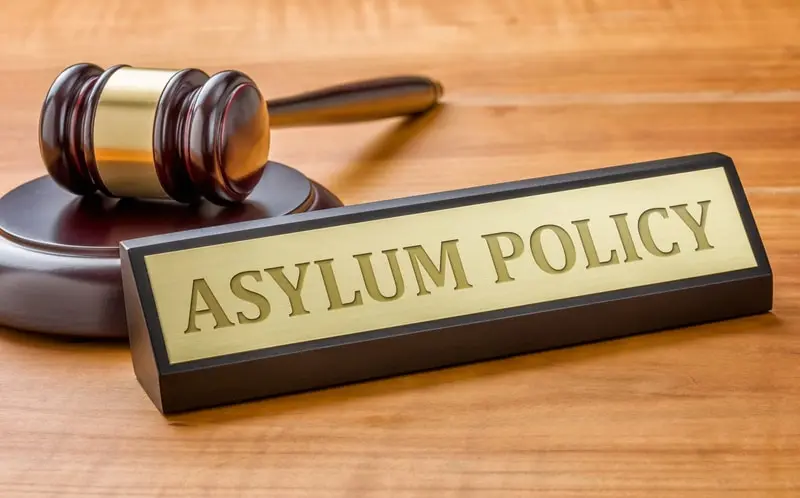
Negligence lawsuits are critical legal avenues for victims seeking compensation for harm caused by the careless or reckless actions of others. Understanding the nuances of negligence law can empower victims to take appropriate action in 2025. This article explores essential aspects of negligence lawsuits, providing vital information for those impacted by negligence.
Understanding Negligence
At its core, negligence refers to a failure to take reasonable care, resulting in damage or injury to another person. To establish a negligence claim, a victim must prove four key elements:
- Duty of Care: The defendant had a legal obligation to act in a way that would not cause harm to others.
- Breach of Duty: The defendant failed to meet the standard of care expected in that situation.
- Causation: The breach of duty directly caused the victim's injury.
- Damages: The victim suffered actual damages, such as medical bills, lost wages, or emotional distress.
Common Types of Negligence Cases
Negligence lawsuits can arise in various contexts. Understanding these common types can help victims identify if they have a viable claim:
- Car Accidents: Often caused by distracted driving, speeding, or driving under the influence.
- Medical Malpractice: Occurs when healthcare professionals fail to provide appropriate care, leading to patient harm.
- Slip and Fall Accidents: Property owners may be liable if they neglect to maintain safe conditions on their premises.
- Product Liability: Manufacturers and sellers can be held accountable if their products are defective and cause injury.
Steps to Take After an Accident
If you find yourself a victim of negligence, follow these steps to protect your rights:
- Seek Medical Attention: Your health is the priority. Document your injuries and follow through with treatment.
- Gather Evidence: Collect photos, witness statements, and any other evidence that supports your claim.
- Contact a Negligence Lawyer: A qualified negligence lawyer can guide you through the legal process and help build your case.
The Role of a Negligence Lawyer
Hiring a negligence lawyer is crucial for navigating the complexities of a negligence lawsuit. These legal professionals offer several services:
- Case Evaluation: They assess the details of your case to determine its viability.
- Evidence Collection: They gather necessary evidence, including medical records and accident reports.
- Negotiation: Your lawyer will negotiate with insurance companies to secure a fair settlement.
- Representation in Court: If a fair settlement cannot be reached, a negligence lawyer will represent you in court.
Statute of Limitations
It's essential to be aware of the statute of limitations, which is the time limit for filing a lawsuit. In most states, victims have a limited period, typically ranging from one to three years, to file a claim. Failing to file within this timeframe can result in losing the right to seek compensation. Consulting with a negligence lawyer soon after an incident can help ensure you meet these critical deadlines.
Compensation for Victims
Victims of negligence may be entitled to various forms of compensation, including:
- Medical Expenses: Coverage for current and future medical bills related to the injury.
- Lost Wages: Compensation for income lost due to the inability to work.
- Pain and Suffering: Damages for physical pain and emotional distress caused by the injury.
- Property Damage: Reimbursement for any property damage resulting from the incident.
Conclusion
Negligence lawsuits are a vital resource for victims seeking justice and compensation for their injuries. Understanding the elements of negligence, the types of cases, and the steps to take after an accident can significantly impact the outcome of a claim. Engaging a skilled negligence lawyer not only enhances your chances of a successful resolution but also provides you with the support needed during a challenging time. If you or a loved one has been injured due to someone else's negligence, don’t hesitate to seek the legal assistance you need to navigate your case effectively in 2025.






